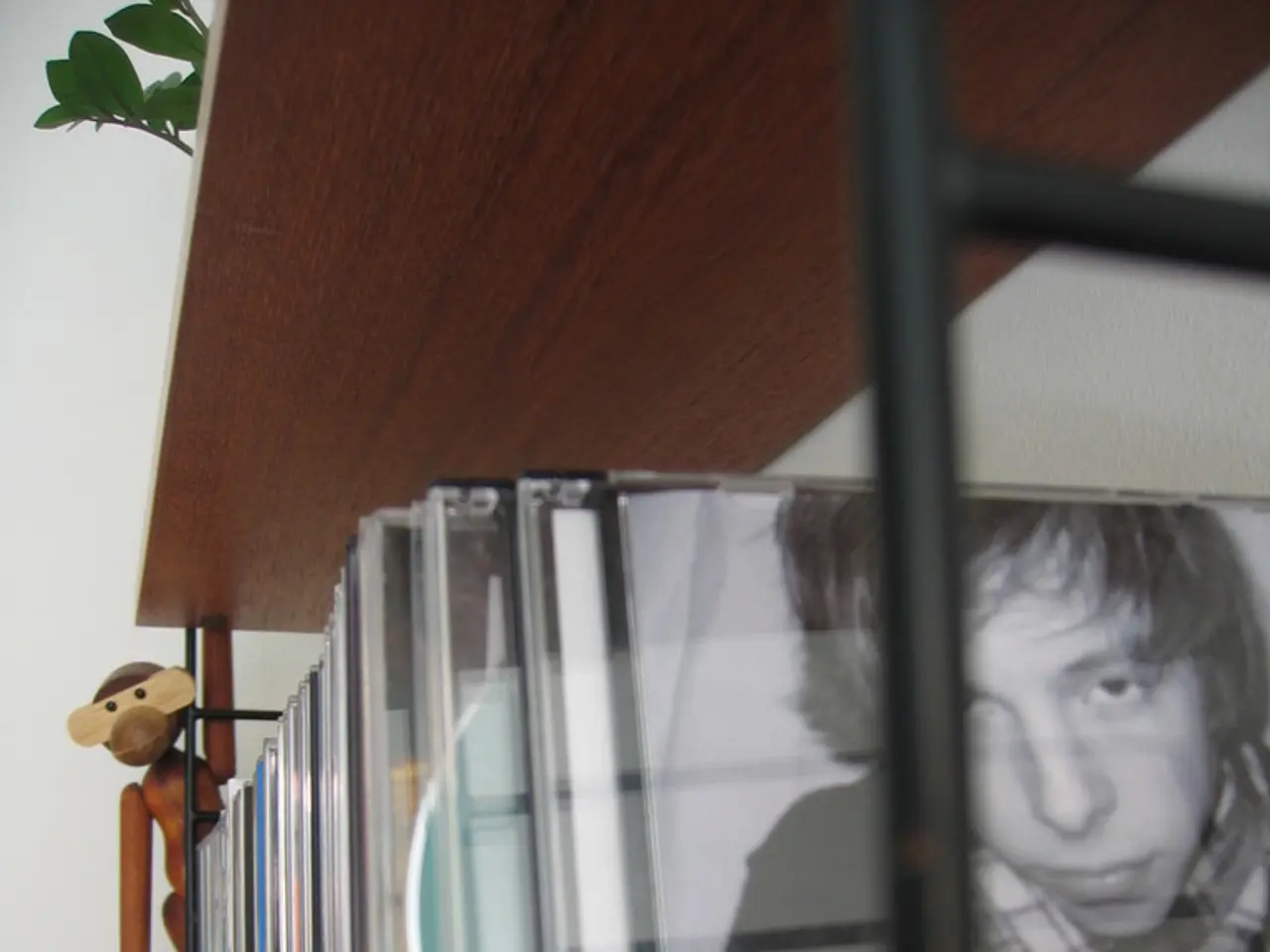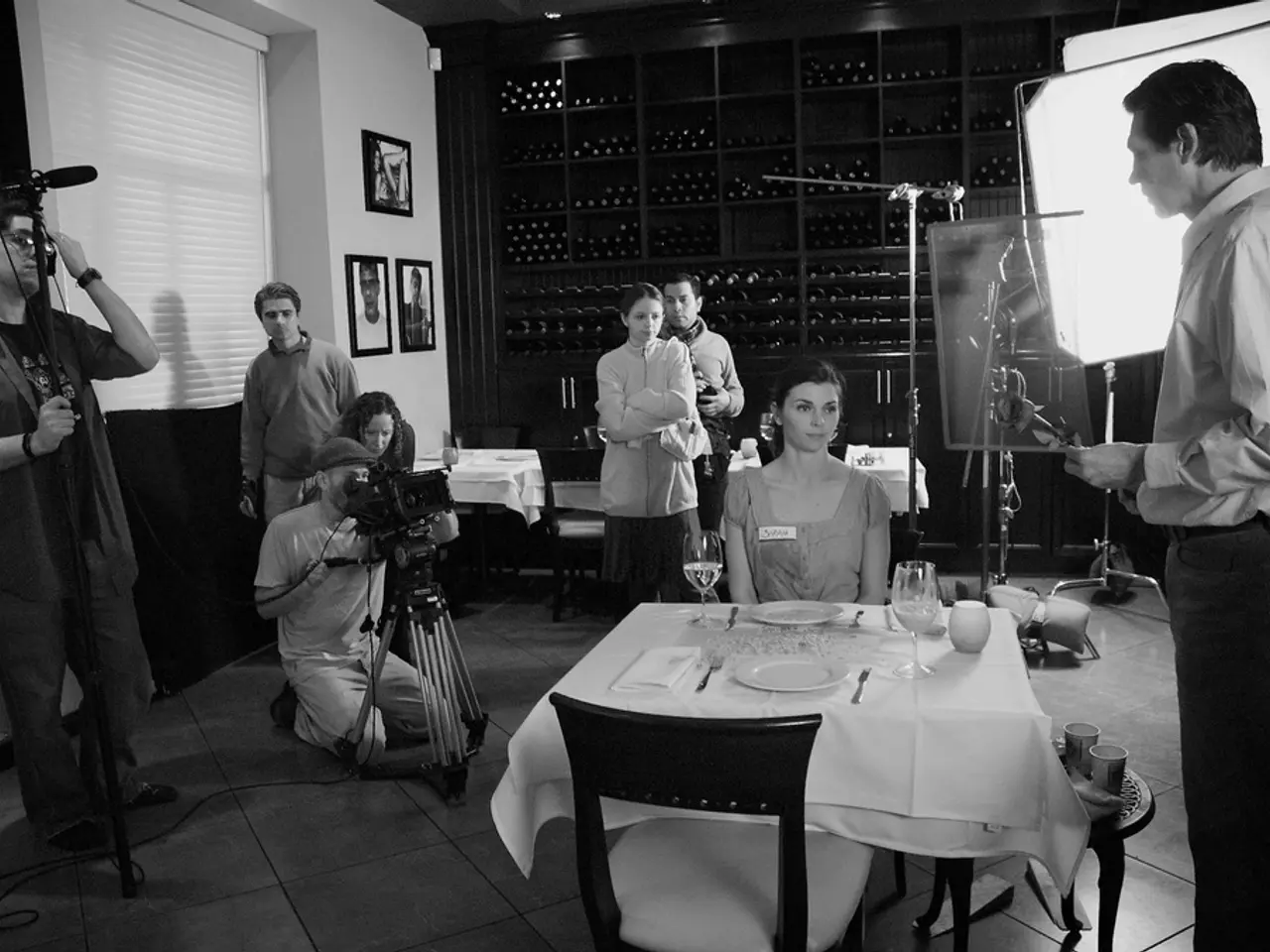Household Spirits or Supernatural Noise Makers? Exploring Poltergeists
In the 16th century, during the era of the Reformation and the fascination with the supernatural, the term 'poltergeist' was born. Originating from two German words, 'poltern' meaning to create a disturbance, and 'geist' meaning ghost, the poltergeist was a concept that would captivate the imagination for centuries to come.
The poltergeist was historically seen as a malevolent spirit or demon causing physical disturbances and social discord. One of the earliest documented poltergeist episodes dates back to A.D. 858 in Bingen, Germany. The account, recounted by a priest named Rudolf in the Annals, describes a family plagued by stones thrown at their farmhouse, unexplained fires, and hostile disturbances linked to a particular man who was ostracized by neighbours.
The spirit in Bingen threw stones, knocked on walls, caused fires, and created animosity among the local community. After a trial by hot iron to prove his innocence, priests conducted an exorcism, but the disturbances persisted for three years until the buildings burned down. Though Rudolf attributed the phenomena to a demon, later writers recognized features typical of poltergeist activity.
Throughout history, the poltergeist has been known by various names such as rumpelgeist, gespenst, kobold, and spectre. The kobold, for instance, was a household spirit, often considered mischievous and retreating to a specific room in the house. The word 'gespenst' was used to denote ghosts and went on to become 'spectre' in French and 'specter' in English.
The term 'rumpelgeist' originated from the word 'rumpeln', which means both 'to make noise' and 'to throw'. The poltergeist contributes to the attempt to define and classify spirits, beings, entities, and hauntings. Poltergeists are generally classified as supernatural entities responsible for noisy, disruptive phenomena such as throwing stones (lithobolia), knocking on walls, setting fires, and creating animosity or disturbances among people in a household or community.
Poltergeists were known to create disturbances out of sheer malice. However, it's important to note that household spirits may also throw things around because you've not paid them (which is a fair point). If you leave your house in a mess, they might tidy it for you. On the other hand, if you keep it tidy, they might create a mess as a form of protest.
The poltergeist is an important milestone in the development of supernatural thought. It provides a fascinating insight into how societies of the past interpreted and responded to unexplained phenomena. Despite the advancements in science and technology, the poltergeist remains a captivating and enigmatic entity in our collective consciousness.
A more recent example of a poltergeist occurred in 1967 in Rosenheim, Germany, in the office of a law firm. The poltergeist activity focused on 19-year-old secretary Annemarie Schneider, but the cause remained difficult to rationalize. Different phenomena lead to different classifications, making it harder to spot poltergeist activity.
In the 20th century, the term 'poltergeist' was used to describe a burst of physical energy, investigated by groups like the Society for Psychical Research. The name 'poltergeist' comes from two German words: 'poltern', meaning to create a disturbance, and 'geist', meaning ghost. In the 1900s, a dictionary defined a poltergeist as being a kobold and a household spirit.
In conclusion, the poltergeist, with its origins rooted in the 16th century, continues to intrigue and fascinate us. Its historical significance lies in its role as a bridge between the supernatural and the rational, offering a glimpse into how societies of the past sought to understand and explain the unexplained. Whether you believe in the existence of poltergeists or not, their story serves as a reminder of the enduring power of mystery and the human desire to unravel it.
[1] Rudolf of Fulda, Annales Fuldenses, 858. [2] Heinrich Kramer, Malleus Maleficarum, 1486.
- The poltergeist, a spirit known for causing disturbances and animosity, has been a central figure in folklore and legends, contributing significantly to the entertainment sector, particularly within sci-fi-and-fantasy genres.
- Over the centuries, the poltergeist, with its various names like rumpelgeist, gespenst, kobold, and spectre, has become an iconic figure within pop-culture, persistently captivating our imagination despite advancements in science and technology.
- The poltergeist's historical roots reach deep into the 16th century and its popularization during the Reformation era, marking a significant milestone in the development of supernatural thought and our collective understanding of the unknown.





